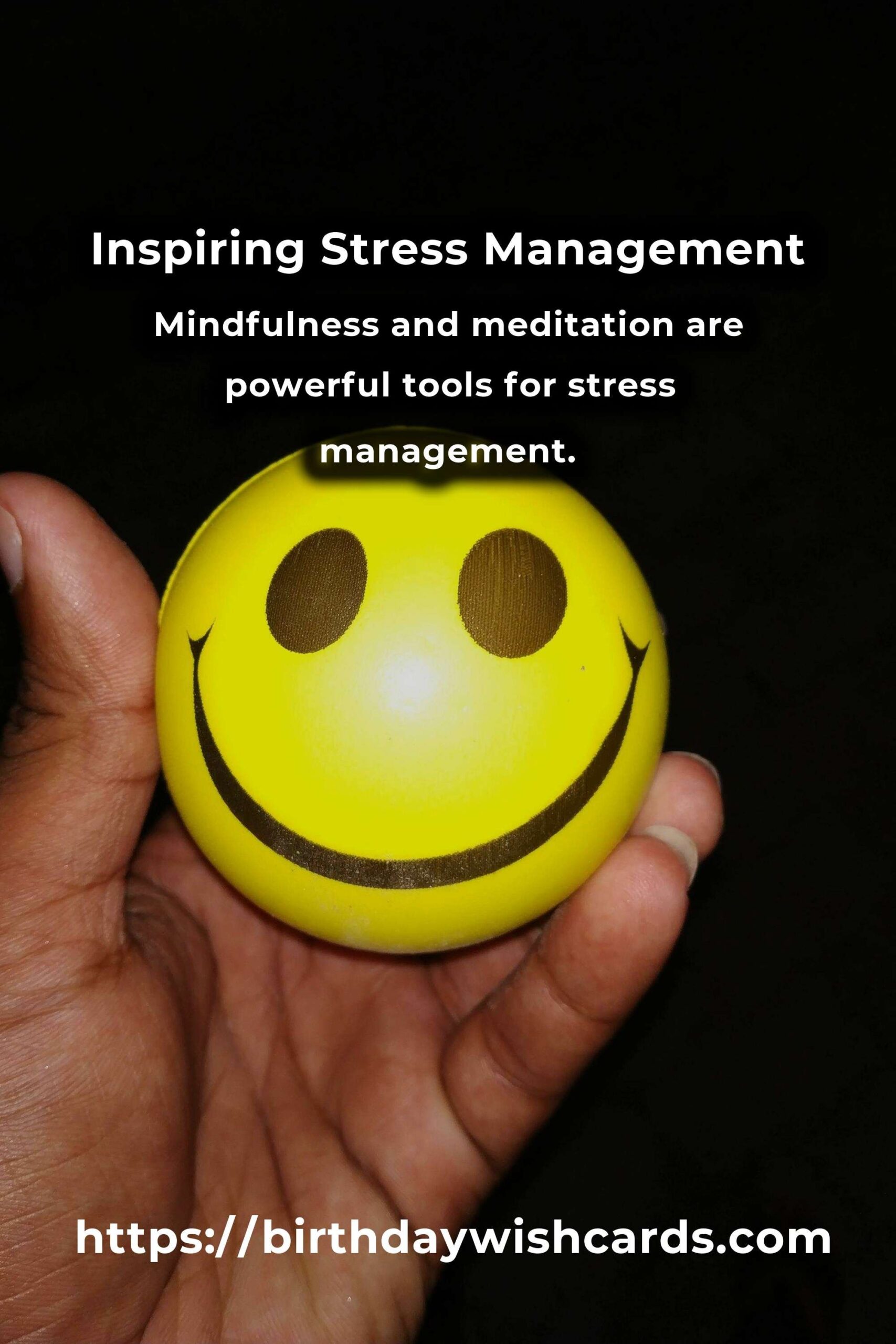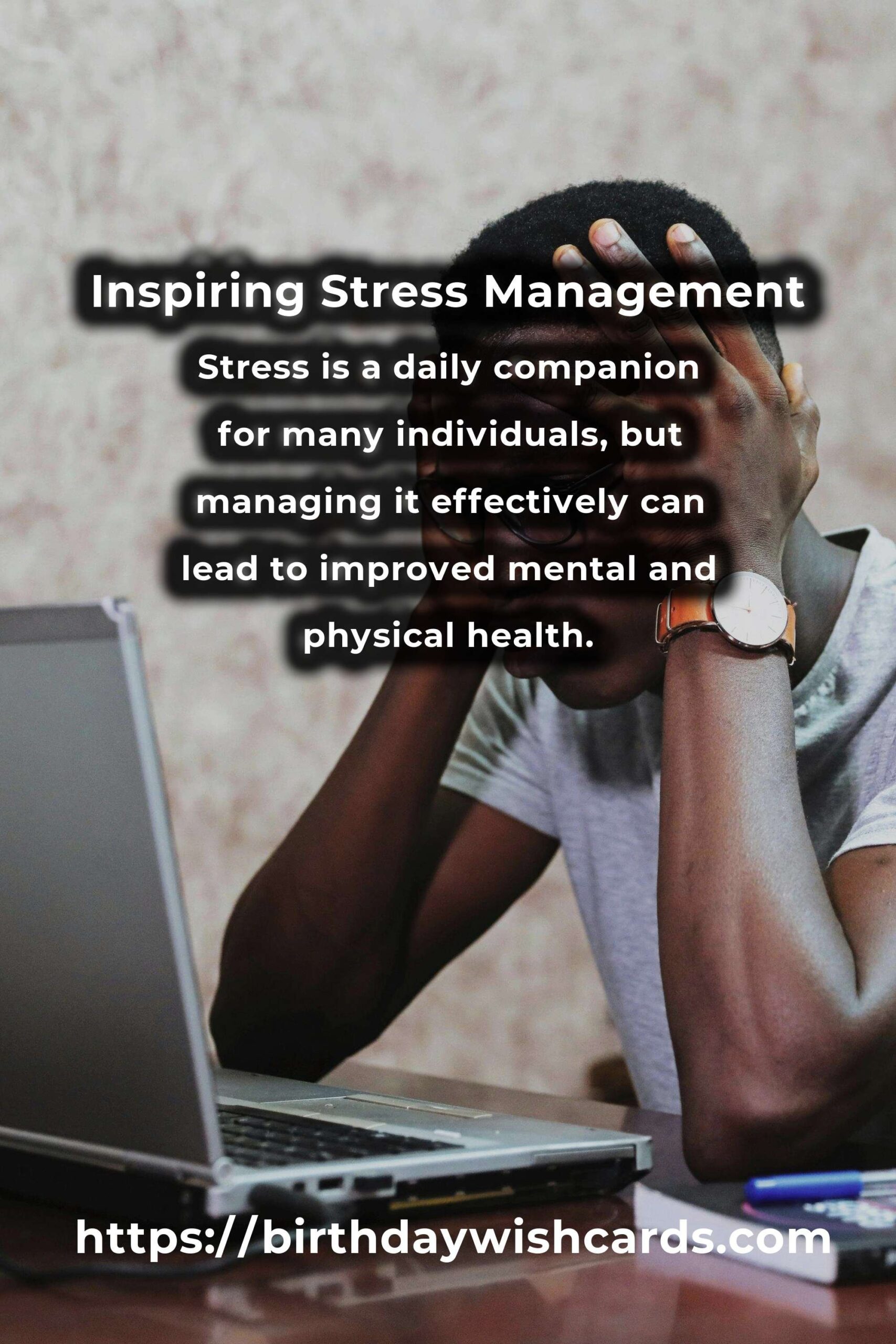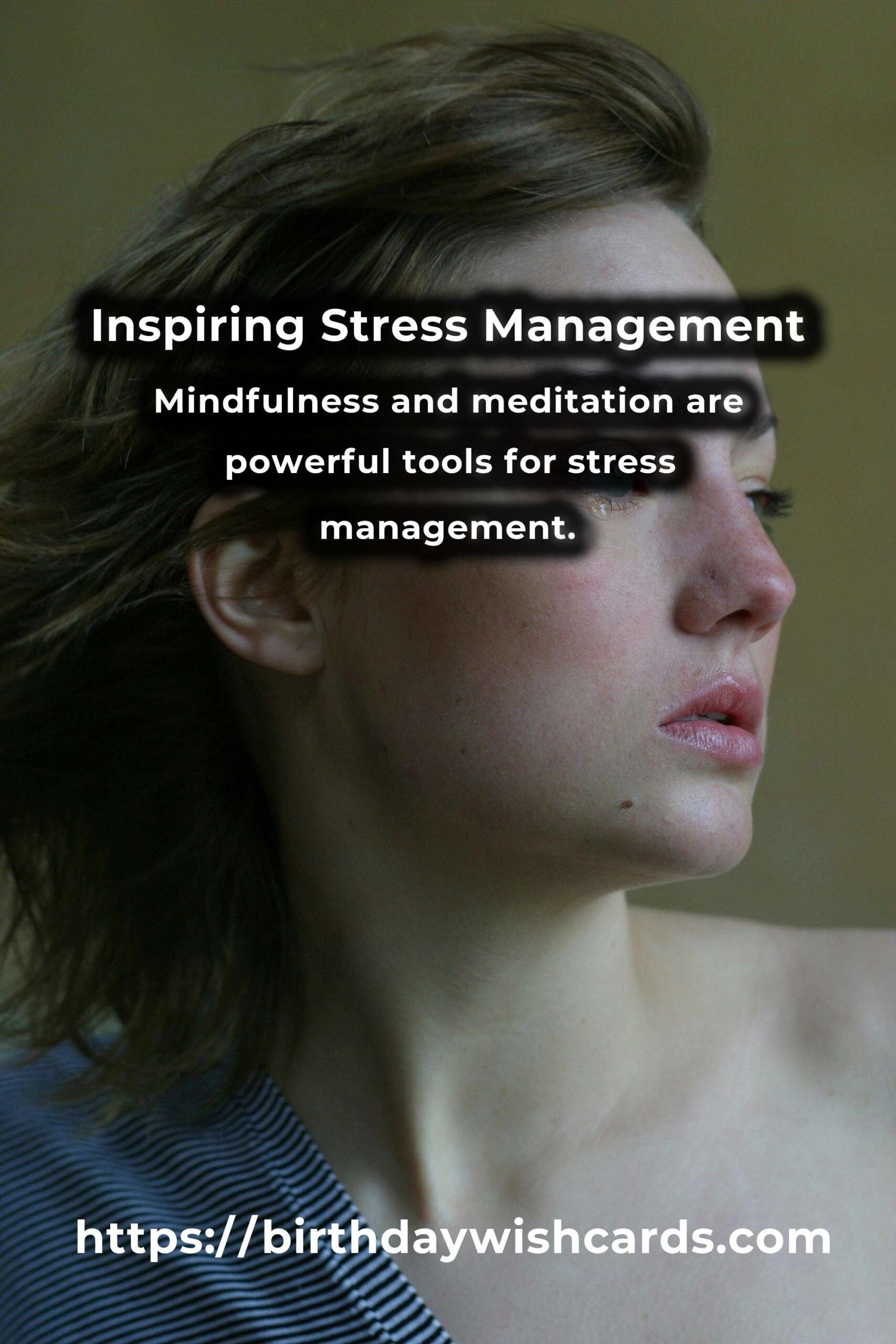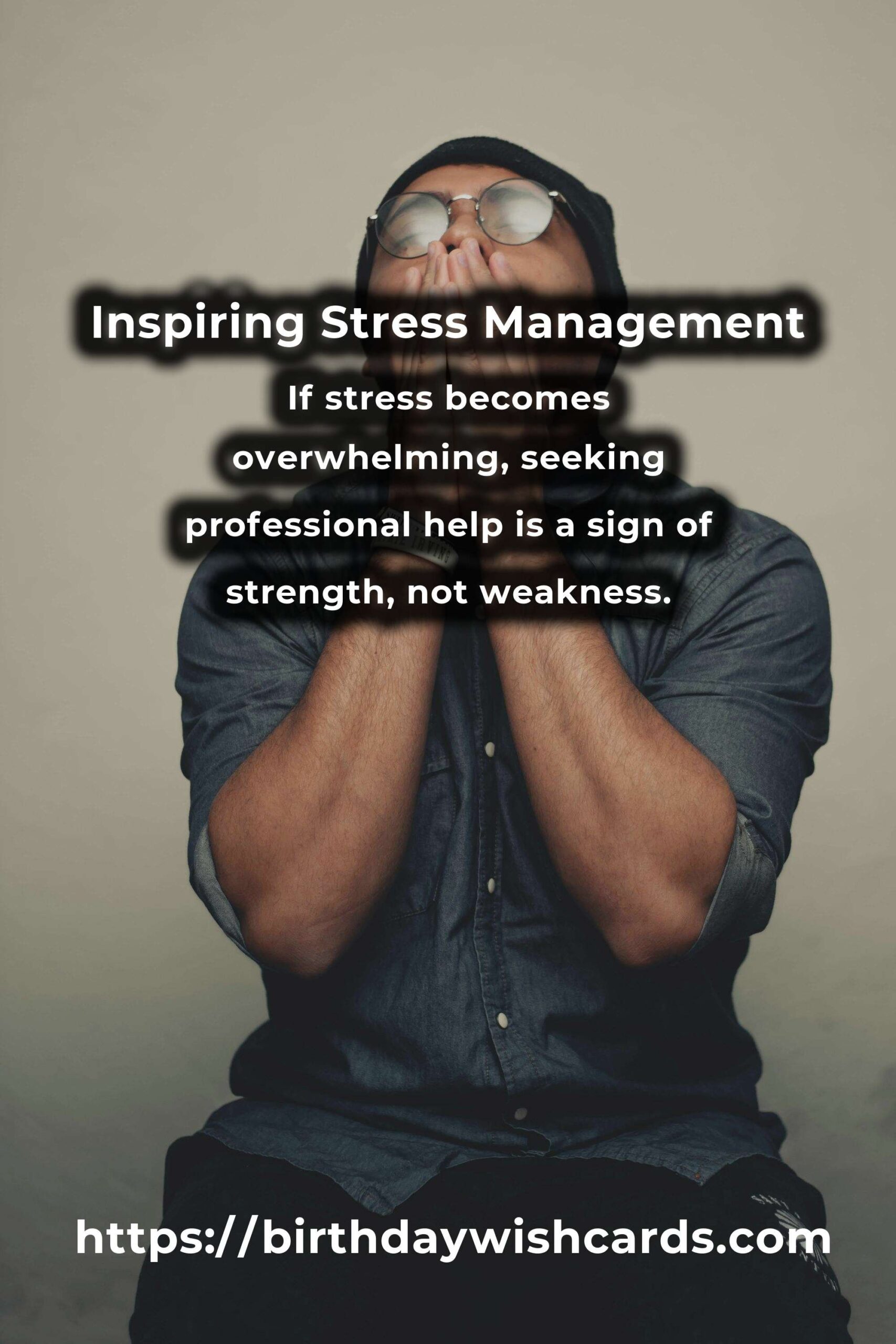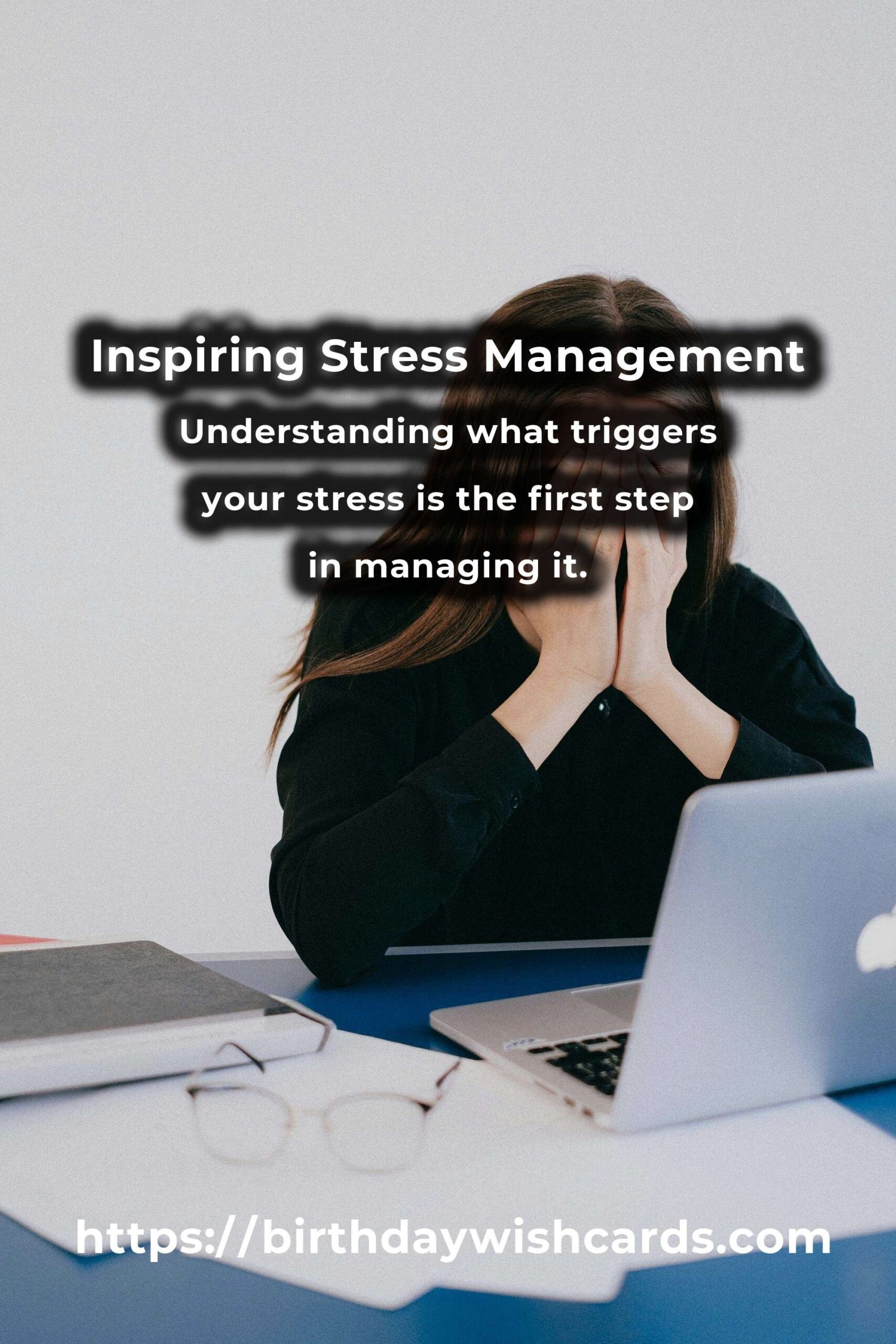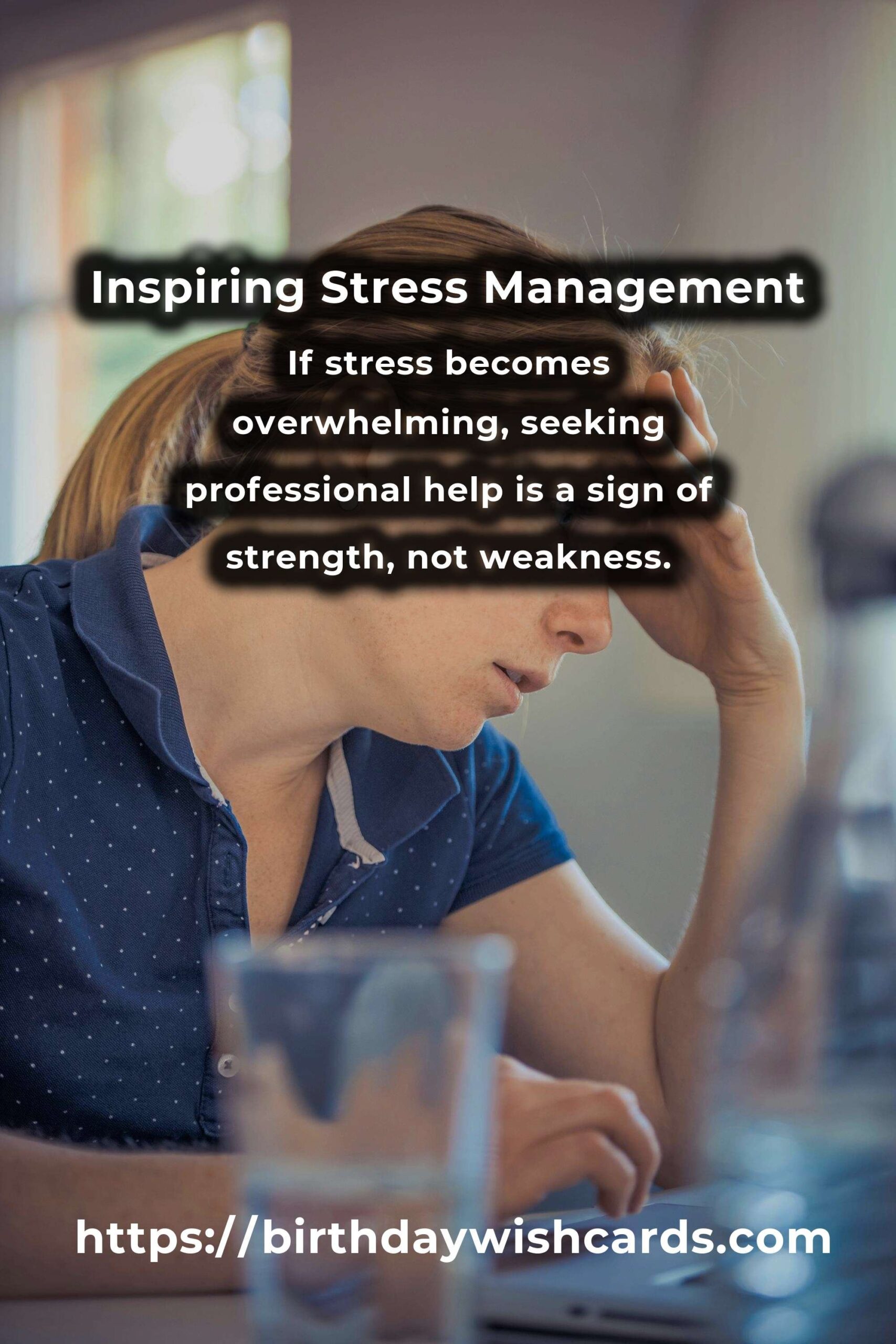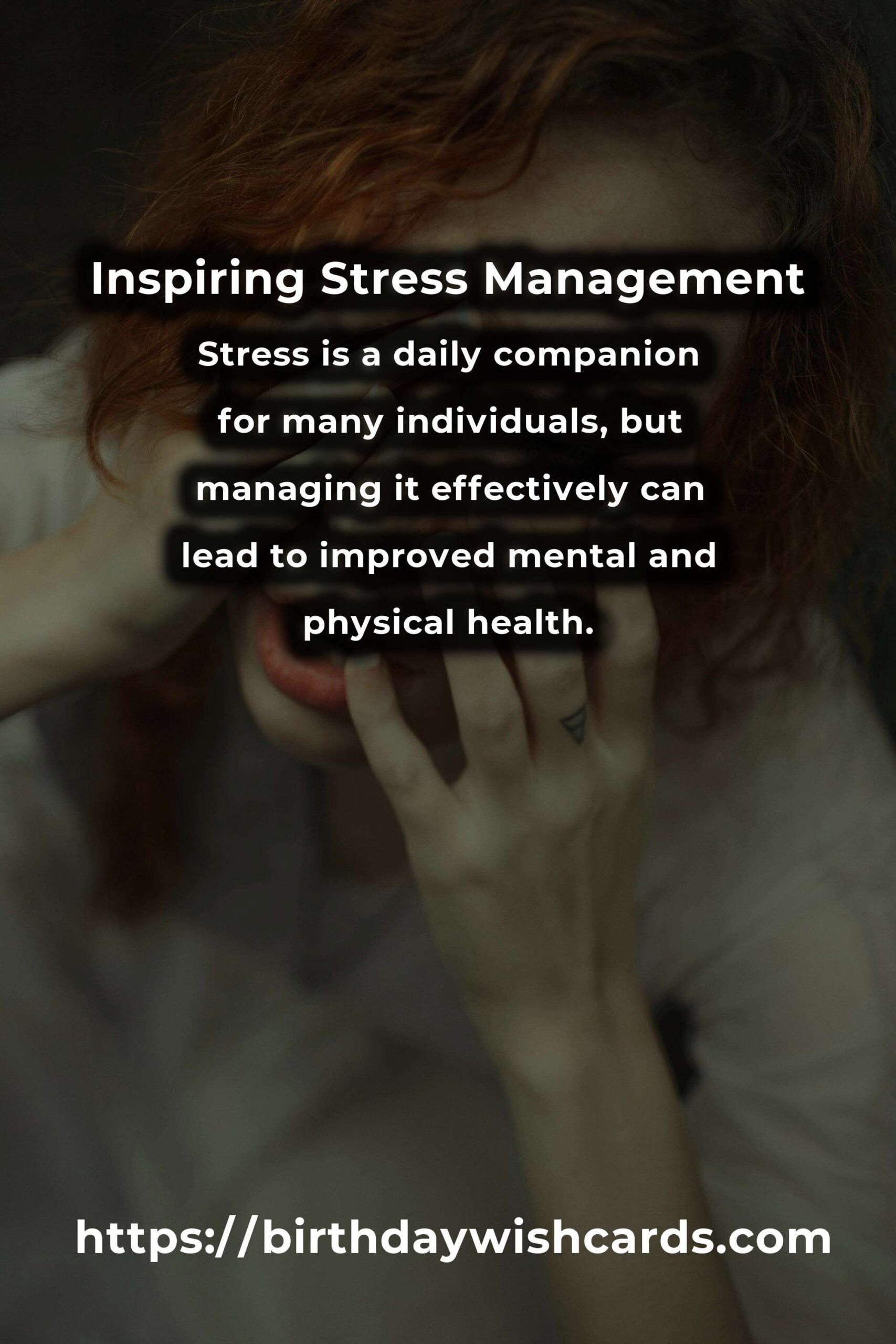
Stress is a daily companion for many individuals, but managing it effectively can lead to improved mental and physical health. This comprehensive checklist will guide you through practical steps to reduce and manage stress, keeping you inspired and balanced.
1. Identify Stressors
Understanding what triggers your stress is the first step in managing it. Keep a journal to note down situations, people, or events that increase your stress levels. Over time, patterns will emerge, allowing you to address them more effectively.
2. Practice Mindfulness and Meditation
Mindfulness and meditation are powerful tools for stress management. Spend a few minutes each day focusing on your breath and being present in the moment. This practice can help reduce anxiety and improve your overall mental well-being.
3. Prioritize Self-Care
Self-care is not selfish. Make time for activities that nurture your body and soul. Whether it’s taking a long bath, reading a book, or going for a walk, ensure you dedicate time to recharge.
4. Maintain a Healthy Lifestyle
Exercise regularly, eat a balanced diet, and ensure you get enough sleep. These physical health foundations are crucial for managing stress. A healthy body supports a healthy mind.
5. Build a Support Network
Surround yourself with supportive friends and family who can provide comfort and advice during stressful times. Don’t hesitate to reach out to them when you need to talk.
6. Set Realistic Goals
Overloading yourself with unrealistic expectations can increase stress. Break tasks into manageable steps and celebrate small achievements. This approach keeps you motivated and reduces the pressure.
7. Learn to Say No
Taking on too much can lead to burnout. Learn to say no to additional responsibilities that don’t align with your priorities. It’s important to protect your time and energy.
8. Practice Deep Breathing Exercises
Deep breathing exercises can instantly calm your mind and body. Practice techniques like diaphragmatic breathing to regain control during stressful moments.
9. Limit Exposure to Stress Triggers
If certain environments or activities consistently cause stress, try to minimize your exposure to them. This might mean changing your routine or developing new coping strategies.
10. Seek Professional Help if Needed
If stress becomes overwhelming, seeking professional help is a sign of strength, not weakness. Therapists can offer strategies and support tailored to your specific needs.
Conclusion
Incorporating these strategies into your daily routine can significantly reduce stress and improve your quality of life. Remember that stress management is an ongoing process, and it’s important to be patient with yourself as you work towards a healthier, more balanced life.
Stress is a daily companion for many individuals, but managing it effectively can lead to improved mental and physical health. Understanding what triggers your stress is the first step in managing it. Mindfulness and meditation are powerful tools for stress management. Self-care is not selfish; make time for activities that nurture your body and soul. Exercise regularly, eat a balanced diet, and ensure you get enough sleep. Surround yourself with supportive friends and family who can provide comfort and advice during stressful times. Overloading yourself with unrealistic expectations can increase stress. Taking on too much can lead to burnout. Deep breathing exercises can instantly calm your mind and body. If stress becomes overwhelming, seeking professional help is a sign of strength, not weakness.
#StressManagement #Mindfulness #SelfCare #HealthyLifestyle #StressRelief

